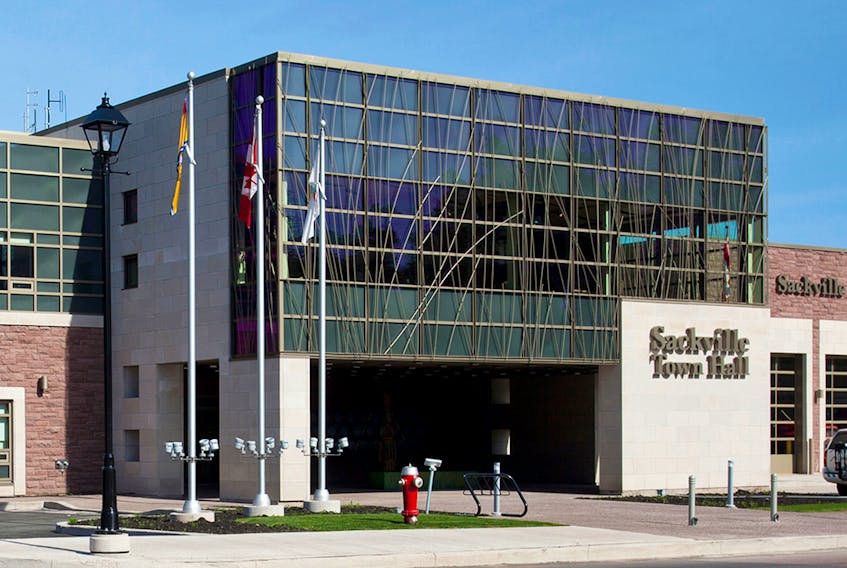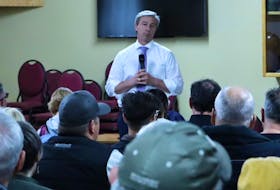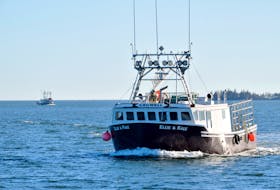SACKVILLE, N.B. – A partnership that has brought together more than 20 organizations from across the Maritimes is exploring how nature can help reduce the impact of climate change in our communities.
The Maritime Natural Infrastructure Collaborative (MNIC) has been working for the last two years on developing real solutions and “advancing this idea of how we can work with nature to adapt to climate change,” said Adam Cheeseman, climate change project officer at Nature NB’s Sackville-based office.
Cheeseman, who made a presentation recently to Sackville town council about Nature NB’s ongoing work, said MNIC is a multi-sector group of organizations involving academics, government representatives, industry and non-profit groups.
“The frequency and extent of flooding has increased substantially in recent years,” he told members of council. “And it’s not looking like it’s going to slow down anytime soon.”
Cheeseman said these storm events can result in both direct and indirect costs – such as damage to buildings and infrastructure, as well as those related to stress and mental health.
“Because of this rising risk, there’s a real need for innovative solutions.”
He said MNIC is currently developing tools across New Brunswick, Nova Scotia and Prince Edward Island to help communities come up with their own approaches, using natural areas, to deal with this flood risk.
He said natural areas, like forests and wetlands, offer a variety of low-cost benefits that provide a buffer against extreme weather events, rising temperatures and other impacts. Wetlands, for example, can slow rainwater during storms, reducing flood damages in communities. And forests around our communities, especially near the top of a watershed, can also help to intercept and hold onto water.
“Natural areas keep us safe from flooding and different hazards,” said Cheeseman.
He said not only do wetlands and forests provide the benefit of flood reduction, they also serve as recreational areas, wildlife habitats, food and water sources.
Studies have also shown that taking a natural approach to flood protection is less expensive over the long term, said Cheeseman.
He said currently MNIC is in the process of identifying where the key areas are that are being threatened, where the floods are happening and where natural areas are being lost.
Nature NB is a non-profit, charitable organization with a mission to celebrate, conserve and protect New Brunswick’s natural heritage. Started in 1972, the group’s main office is based in Fredericton. Sackville’s office focuses on the southeast New Brunswick region.
Nature NB offers various education programs in schools, daycares, and community groups. They also public education materials, such as NB Naturalist, a quarterly publication, and a Young Naturalists Club publication. Nature NB is also active in the area of bird conservation, said Cheeseman.









